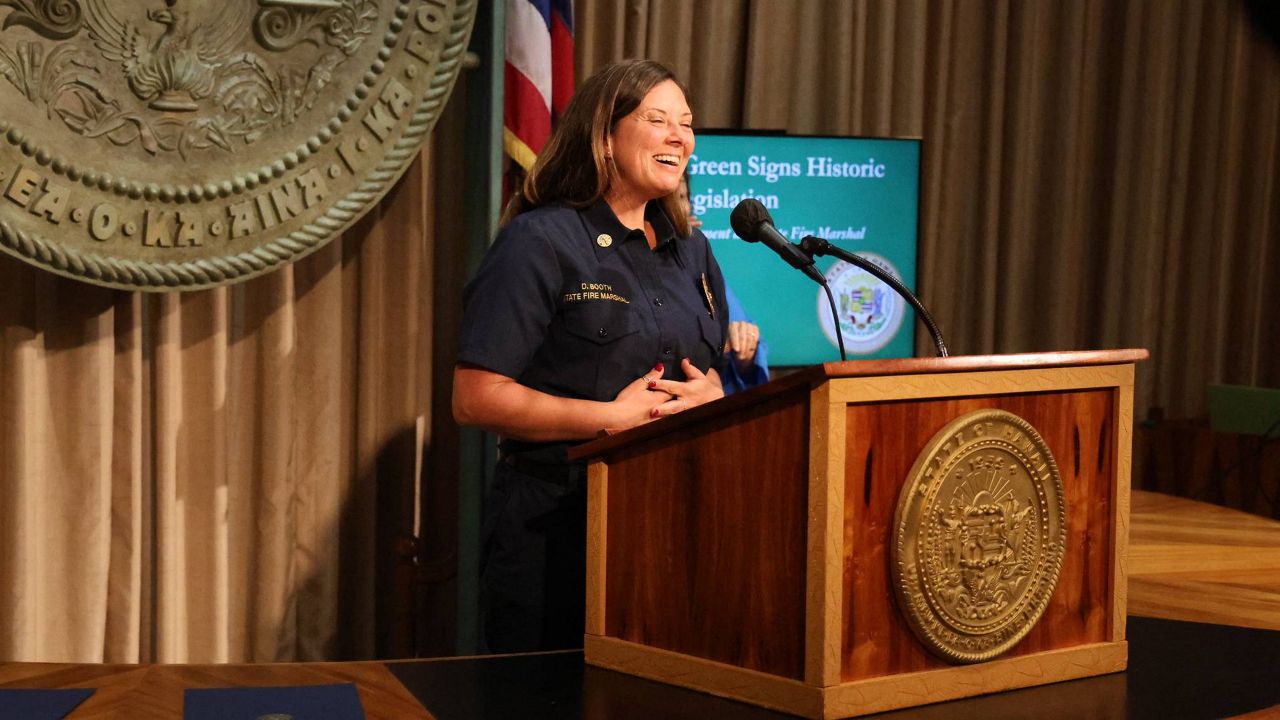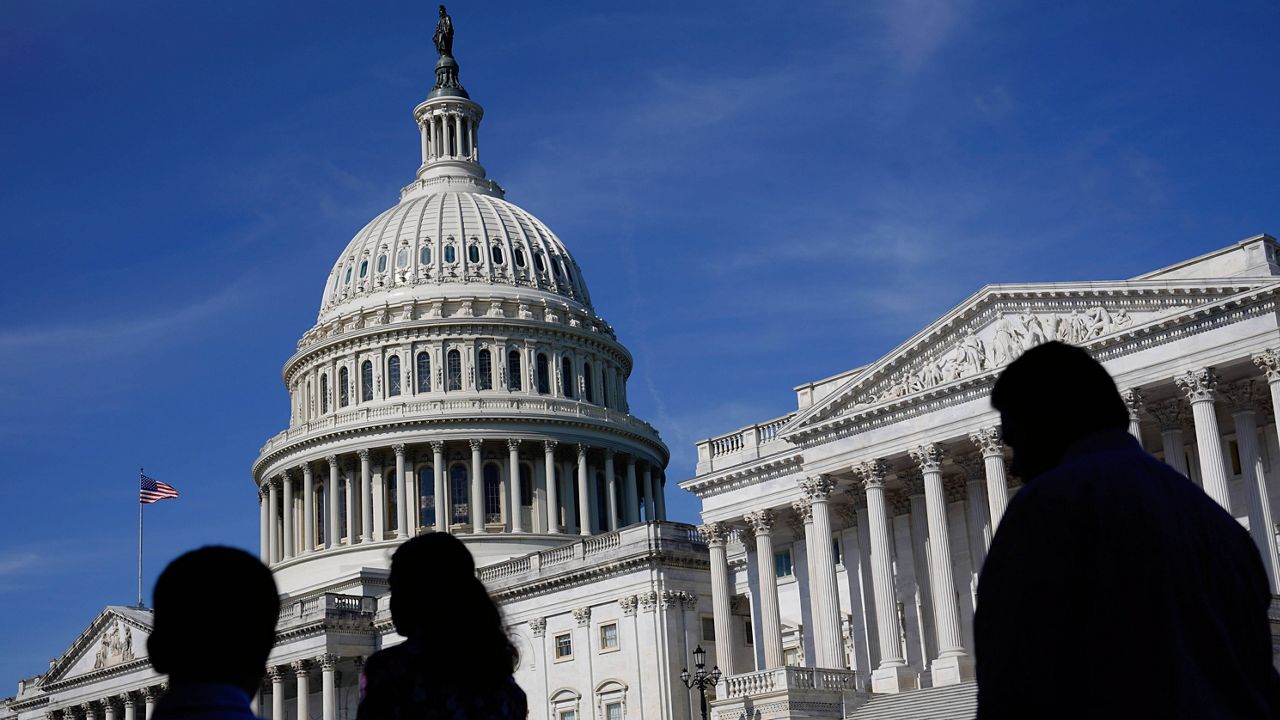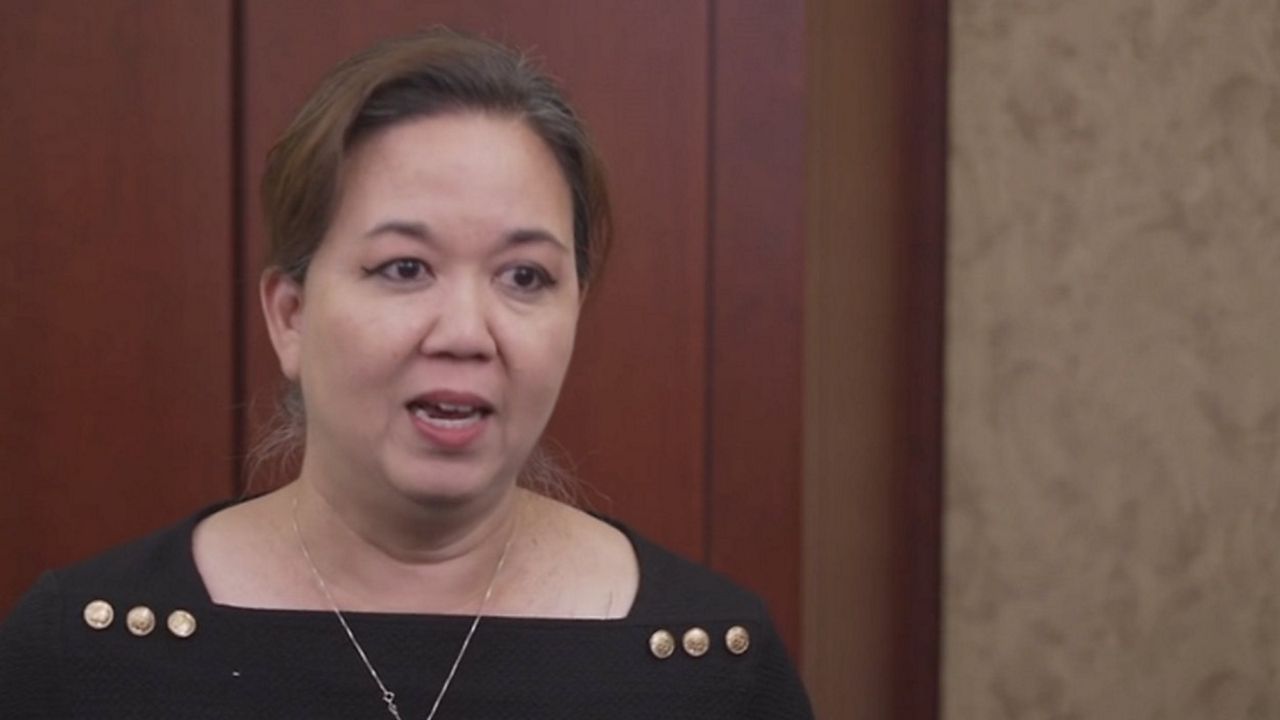WASHINGTON — Gov. Josh Green linked the ongoing recovery of Maui’s tourism industry to the state’s long-term ability to address affordable housing.
In an interview with Spectrum News from Washington, D.C., where he is attending the National Governors Association winter meeting, Green said the overall state economy is doing “pretty well” and encouraged potential visitors to consider Maui.
“I want to say this very clearly: Please come to Hawaii; come to Maui right now," he said. "It helps us recover. It helps us heal.
“It’s only a very small part of the islands that were wounded by the fire, specifically that 1-by-5 mile piece of land on Maui in Lahaina,” Green said. “So, people are coming back, but one of the things that I need people to come back for is so that I can build housing. That revenue helps me put people back in homes.”
The governor praised the support the state has received from the Biden administration and the Federal Emergency Management Agency and said the state’s focus over the next six months will be to continue moving those displaced by the August 2023 wildfires into more permanent housing.
“And then the long-term rebuild starts,” he said.
As Green noted, the destruction wrought by the deadly fires exacerbated what was already the state’s biggest challenge.
“We lost 561 families’ homes that were right in Lahaina (and) another 1,800 rentals,” he said. “We’re under emergency housing rules right now to authorize more building anywhere but on conservation land.”
Green said reclaiming illegal short-term rentals for the local housing inventory is another key strategic focus.
“We have in our state 89,000, short-term rentals, and only 14,000 are legal, leaving 75,000 Illegal short-term rentals,” he said. “I want all of those sold to people that can either live in them from Hawaii or rent them in Hawaii.”
Green noted that 52% of short-term rentals in the state are owned by people who reside in the continental United States.
“So what I’d humbly ask the nation — like people reached out and cared for us when the fire occurred — I ask you to consider selling those to local families so that we can house our people and have an economy and take care of our kids,” he said. “That’s very important. It’s going to be a big deal for us.”
Green also renewed his call for a climate impact fee for visitors and encouraged other governors and mayors to consider this approach for addressing climate change.
“There’s a lot of reasons I call for this before the fire actually occurred,” Green said. “We need to have a climate impact fee or a visitor’s fee because we need to be able to insure against the future and future disasters that could exist. And we need also to have those resources to help us build housing.
Last year, the state Legislature devoted consideration time and debate to Senate Bill 304, which would have established a $50 climate-impact fee to help offset the visitor impacts on the environment. The funds would have been designated for conservation efforts, climate-mitigation initiatives and education. However, the bill died in conference.
This year, Green has proposed a $25 fee, which would still generate nearly $70 million.
“All people across this country are going to see that the effects of climate change are going to really impact their municipality, and people are going to need to get used to these kinds of things to help deal with climate change, deal with sea-level rise (and), in our case, deal with the loss of land,” he said.
Michael Tsai covers local and state politics for Spectrum News Hawaii. He can be reached at michael.tsai@charter.com.









